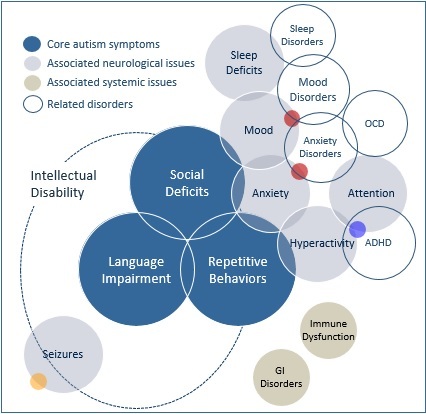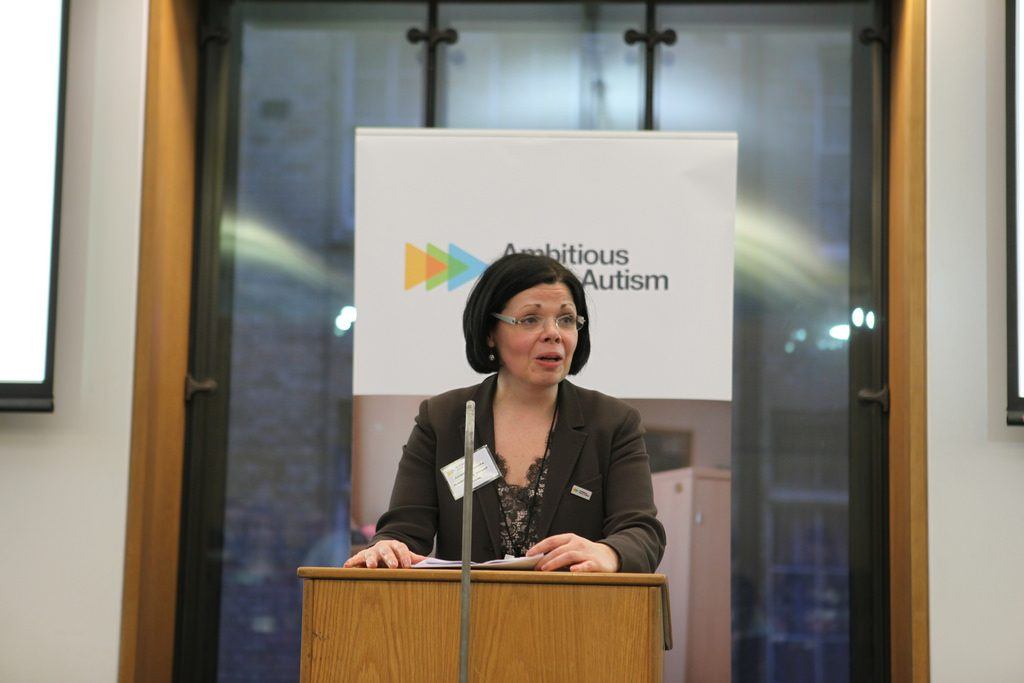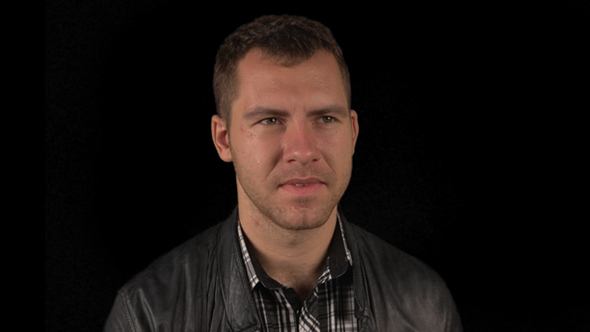Understanding the Link Between Autism, Poker and Blackjack
The 1988 film "Rain Man" brought autism into the public eye, with Dustin Hoffman's portrayal of an autistic savant captivating audiences and sparking interest in autism spectrum disorders. The movie not only raised awareness but also introduced many viewers to the concept of card counting in blackjack, although it presented an exaggerated and dramatized account of the actual technique.

More than three decades later, autism is widely recognized and better understood. However, popular media has often perpetuated misconceptions-chief among them, the belief that all people with autism possess extraordinary mathematical or card-playing abilities.
Does Autism Enhance Card-Playing Skills?
Autism manifests in a wide range of ways, known as the autism spectrum, with each individual experiencing a unique combination of traits. Some people associate autism with increased intellectual or analytic abilities, particularly when it comes to games like blackjack or poker. This assumption is often based on certain autistic characteristics such as:
- A pronounced ability to focus intensely on specific tasks or details-like keeping track of cards during gameplay.
- A preference for routine and structured environments.
- Advanced pattern recognition skills.
- Obsessive interests in particular activities.

Research, including studies focused on mathematical processing, indicates that some people with autism may approach mathematical problems differently, potentially yielding superior results in certain contexts. However, autism often comes with communication difficulties, including:
- Trouble interpreting body language, tone of voice, or facial expressions-skills crucial at a live poker table.
- Tendency to interpret jokes or sarcasm literally, which could be a disadvantage during social gaming.
- Difficulty staying quiet about internal thoughts, which could undermine bluffing strategies in cards.
While autism can provide some cognitive benefits in analytical tasks, these are often counterbalanced by challenges in social interaction and communication-key components of high-level poker and other casino games.
Embracing the Diversity Within the Autism Spectrum
The autism spectrum is incredibly diverse, and no two individuals experience it in the same way. While some may lead independent lives and excel in certain fields, the notion that all autistic individuals are card geniuses is simply a stereotype. Media portrayals, like those in "Rain Man" or the character Abed Nadir in the show "Community," highlight specific traits for dramatic effect but do not reflect the full spectrum of experiences.

Jolanta Lasota, CEO of the charity Ambitious about Autism, emphasizes the importance of representing the full breadth of the autism spectrum: “If you’ve met one person with autism…you’ve met one person with autism. No two people are alike.” It's vital to recognize the individuality within the autistic population and move beyond one-dimensional portrayals.
Autistic Individuals in Professional Card Gaming
Despite popular assumptions, the professional card playing circuit does not feature many openly autistic competitors. There are few (if any) public records of people with an autism diagnosis achieving widespread fame in professional poker, blackjack, or related games.

One example often cited is Daniel Cates, a successful poker professional known online as "jungleman12." Cates’ reserved communication style, avoidance of eye contact, and introverted demeanor have fueled rumors about him being on the autism spectrum. After a highly publicized incident in 2015 where he reacted emotionally after a tournament loss, online forums speculated about a potential diagnosis. However, others counter that Cates’ varied interests and social interactions do not necessarily fit the criteria for autism, and experts warn against armchair diagnoses without proper evaluation.

Daniel Tammet, a recognized autistic savant and World Memory Championship finalist, put his extraordinary mental skills to the test in blackjack for a 2006 documentary called "The Boy With The Incredible Brain." While Tammet demonstrated exceptional abilities such as reciting pi to over 22,000 digits, he found the specific demands of card counting challenging. Abandoning the traditional system, he relied on his own intuition, which led to greater success at the table. Even Tammet, with his remarkable memory and calculation skills, highlighted how autism's effects are unpredictable and unique to each individual. For instance, he excels at certain complex operations but struggles with tasks involving abstract reasoning or daily routines.
Breaking the Myth: Autism and Card Mastery
Autism presents in a vast array of forms, and while some individuals may naturally excel in analytical areas relevant to card playing, there is no evidence to support a blanket correlation between autism and superior card skills. Much like in the general population, mastery at poker or blackjack depends on a combination of mathematical acumen, emotional intelligence, social awareness, and practice.
As public understanding of autism continues to grow, it is increasingly important to dispel outdated myths and recognize the reality-autism is not a superpower, nor does it confer guaranteed advantage at the gaming table. Whether autistic or not, individuals’ abilities in competitive card games are as diverse and complex as the players themselves.













